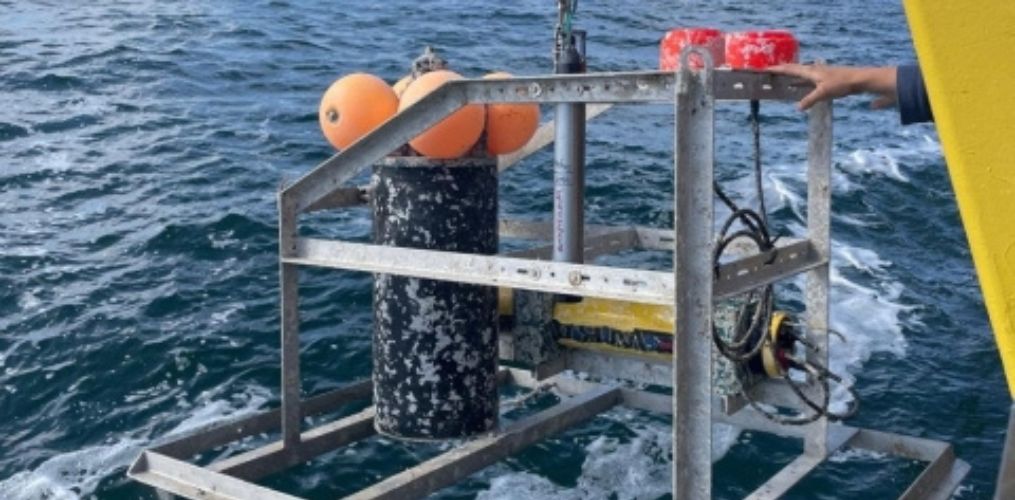
The Flanders Marine Institute (VLIZ), has launched SoundLib, its Marine Sound Library collecting underwater sound data from the Belgian part of the North Sea. The open database counts thousands of recordings and advanced analysis tools, and provides new insights into the region’s highly dynamic and complex acoustic environment.
These data could support scientists, policymakers and the public in understanding how natural and human-made sounds affect marine ecosystems and even create new opportunities for AI-driven research. The database also contributed to the Waves of Resonance artistic project in June (https://www.lifewatch.eu/2025/09/25/waves-of-resonance), that explores the psychological impact of climate change and the therapeutic potential of ocean sounds.
Sound in water travels farther, and faster than outside, and for many marine animals it is the primary way to communicate, navigate, and interact with their environment. The European policy context, for this reason, considers it as a critical environmental parameter and includes it among the eleven descriptors for the assessment of Good Environmental Status of marine waters.
Marine sounds include natural sources, such as rainfall, waves, sediment transport and noises originated by the marine fauna, and human sources, such as ship traffic, seismic surveys and offshore energy production.
Learn more about SouldLib on the LifeWatch Belgium website: https://www.lifewatch.be/news/soundlib-marine-sound-library-belgian-part-north-sea